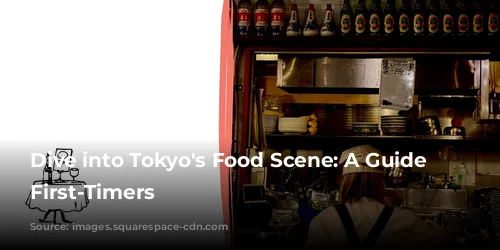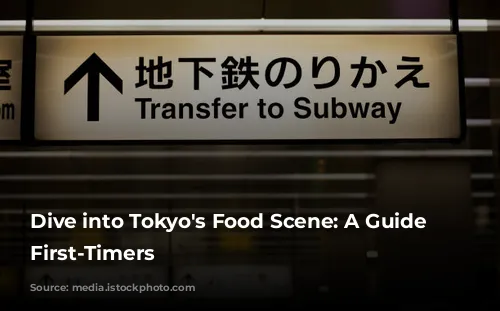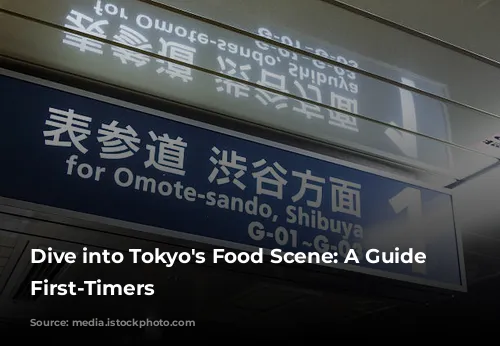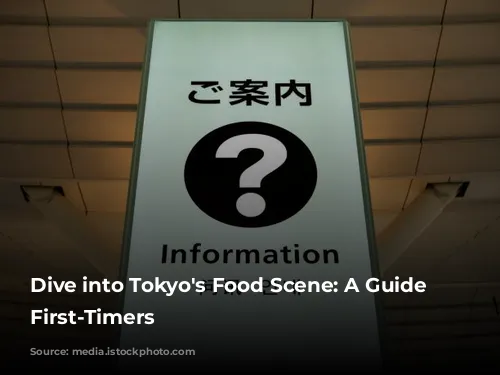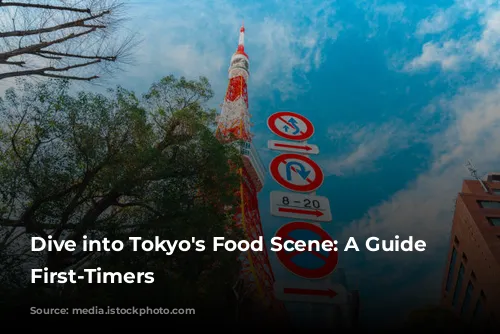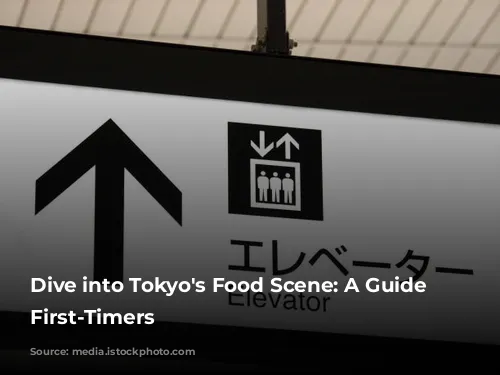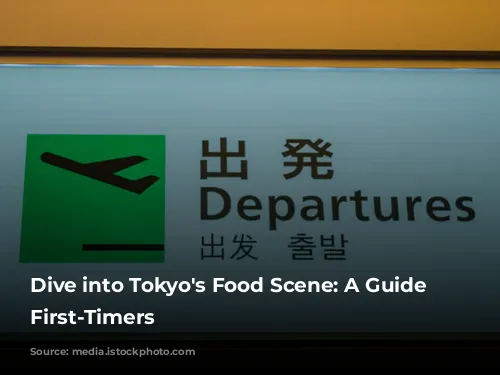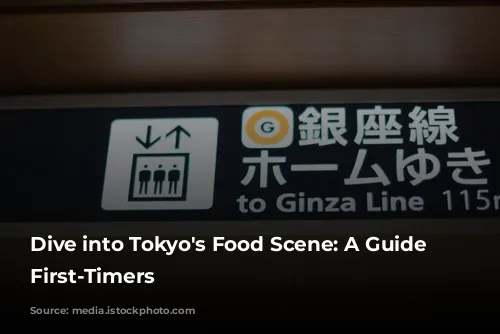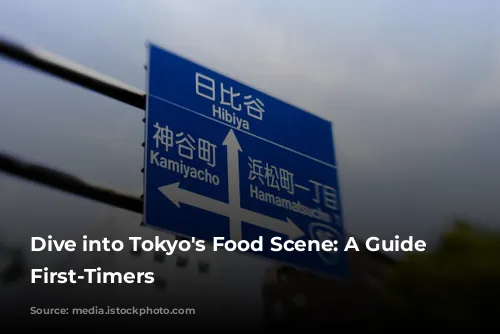Tokyo’s food scene is a gastronomic paradise. With countless mouthwatering dishes to explore, it’s easy to get overwhelmed. Don’t worry! This guide will help you navigate the local food scene with ease and confidence.
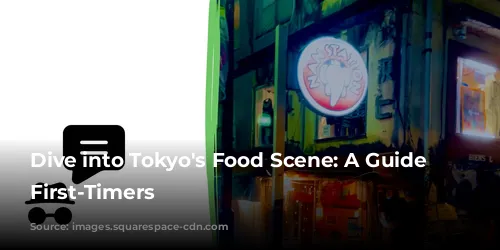
Understanding Tokyo’s Restaurant Rituals
Walking into a restaurant for the first time can feel a bit intimidating, but there’s no need to stress. The first step is often a simple hand gesture to indicate the number of people in your group. Many smaller restaurants, particularly ramen shops, utilize a ticket machine. Simply choose your dish, pay, and receive a ticket with your order. This ticket is then handed to the staff.
In restaurants without a ticket machine, don’t wait for the staff to approach you. Instead, raise your hand and make eye contact to politely signal your readiness to order. If they haven’t noticed you, use the phrase “Sumimasen” which means “Excuse me” in Japanese. Don’t worry, it’s perfectly normal and expected in Japan.
Need an English menu? Simply say “Eigo menu…?” It might not be perfect Japanese, but it effectively gets your point across.

Mastering Essential Japanese Phrases for Travelers
Traveling through Japan often involves encounters with a few common questions, especially when making payments. Being prepared with these phrases can ease the interaction and prevent any awkward surprises.
One of the most frequent questions you’ll hear, particularly in convenience stores and shops, is whether you need a bag. Listen out for the word “Fukuro” which translates to “bag.” If you need a bag, simply say “Onegaishimasu” (please). If you don’t require one, say “Daijoubu” (it’s okay).
Another common question you might encounter is whether you have a point card. Keep your ears open for “Pointo cardo“. If they ask this, politely shake your head “no” (assuming you don’t have one).
Here are some additional phrases worth practicing:
* “Daijoubu“: This is a versatile phrase that can be used to express “It’s okay,” “I’m fine,” or “No thank you”.
Tip: Remember, the “R” sound in Japanese is more like a soft “D” sound, similar to Spanish. So, “Fukuro” sounds more like “Fuu-kuu-dou”.
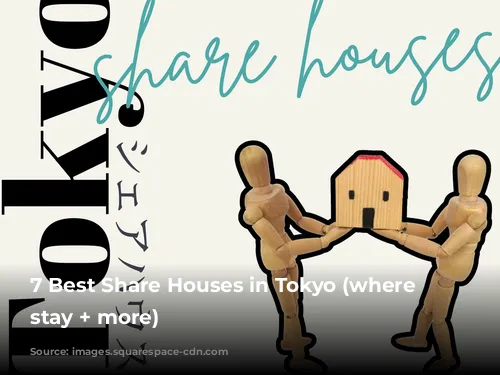
Respecting Japanese Etiquette and Customs
You’re likely familiar with some of the etiquette and social “rules” of Japan. However, here are some additional pointers to ensure you respect the local customs:
- Avoid eating or drinking on trains.
- Refrain from eating while walking on busy streets. Consider finding a nearby park to enjoy your meal.
- Don’t use your phone on trains.
- If you smoke, find designated smoking areas. Smoking is not permitted everywhere.
- On escalators, stand on the left side. The right side is for walking.
Explore more:
* Etiquette In Japan (what to know)
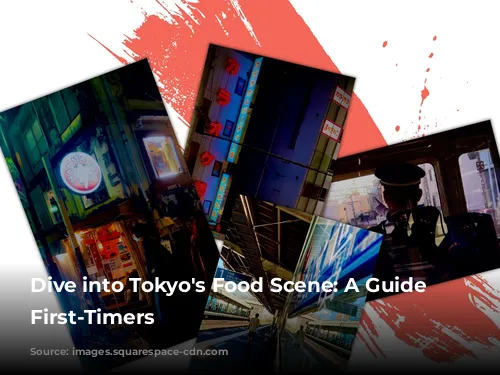
Share Houses: Your Gateway to Local Connection
For travelers seeking a more immersive experience, consider staying in a share house. These offer flexible lease terms and generally lower costs compared to traditional hotels. You’ll have a private room, while sharing a kitchen, shower, and restroom with other guests.
Share houses are also more foreigner-friendly, catering to travelers and international workers. They often have English-speaking staff, making it easier to navigate.
The biggest benefit of a share house is the opportunity to connect with a community of travelers and locals. If you’re traveling solo, this is a fantastic way to meet new friends and learn about Japanese culture firsthand.
Explore more:
* Best Share Houses in Tokyo
Enjoy your trip to Tokyo! It’s a truly amazing city with something to offer everyone.

